Big Dog Breeds: Complete Guide to Large & Giant Dogs
Big dog breeds offer loyal companionship, natural protective instincts, and impressive presence. From gentle giants like Great Danes and Saint Bernards to athletic working dogs like German Shepherds and Golden Retrievers, big dogs bring unique advantages to families and individuals who have the space and commitment to care for them properly.
What Are Big Dog Breeds?
Big dog breeds typically weigh 50 pounds or more and stand over 22 inches tall at the shoulder. These large dogs are divided into two main categories:
- Large Dogs: Typically weigh 50-90 pounds and stand 22-27 inches tall
- Giant Dogs: Weigh over 90 pounds and stand 27+ inches tall
Big dogs include popular breeds like German Shepherds, Golden Retrievers, Labradors, Great Danes, Mastiffs, and many more. Each breed brings its own personality, energy level, and care requirements, making it important to research before choosing your big dog companion.
Benefits of Big Dog Breeds
Natural Protectors
Big dogs provide excellent protection for your home and family. Their size alone acts as a deterrent, and many large breeds have strong protective instincts while remaining gentle with their families.
Gentle Giants
Despite their intimidating size, many big dog breeds are known as "gentle giants" - calm, patient, and excellent with children. Breeds like Golden Retrievers and Great Danes are famously gentle family dogs.
Versatile Working Dogs
Big dogs excel in various working roles including service dogs, therapy dogs, search and rescue, herding, and protection work. Their intelligence and trainability make them ideal for these important roles.
Active Companions
Many big dog breeds are perfect for active individuals and families who enjoy hiking, running, camping, and outdoor adventures. They make excellent exercise companions.
Most Popular Big Dog Breeds
Here are some of the most popular and beloved big dog breeds, each with unique characteristics and personalities:
Golden Retriever
The Golden Retriever is one of the most popular dog breeds in the U.S. Known for their friendly and tolerant attitude, they make excellent family pets.
Labrador Retriever
America's most popular dog breed. Labs are friendly, active, and outgoing dogs who have more than enough affection to go around.
German Shepherd
Large, athletic dogs with a noble character and high intelligence. German Shepherds are versatile working dogs.
Rottweiler
Powerful working dog with a calm, confident demeanor. Rottweilers are devoted family protectors.
Doberman Pinscher
Athletic, intelligent dog with a sleek appearance. Dobermans are loyal family protectors and working dogs.
Saint Bernard
Massive, gentle giant known for rescue work in the Alps. Saint Bernards are calm, patient family dogs.
Great Dane
Gentle giant known as the 'Apollo of dogs.' Great Danes are friendly, patient, and make excellent family pets.
Boxer
Large, muscular dog with a playful personality. Boxers are energetic, loyal, and make excellent family pets.
Mastiff
Massive, gentle giant known for their calm demeanor. Mastiffs are loyal, protective, and make excellent family guardians.
Caring for Big Dog Breeds
Space Requirements
Big dogs need ample space to move comfortably. While some large breeds can adapt to apartment living with sufficient exercise, most thrive in homes with yards where they can play and move freely. Ensure your home can accommodate a big dog's size - they need room to stretch, play, and rest comfortably.
Exercise & Activity Needs
Most big dog breeds require substantial daily exercise to maintain physical and mental health:
- High Energy Breeds: German Shepherds, Golden Retrievers, and Labradors need 1-2 hours of vigorous exercise daily
- Moderate Energy Breeds: Mastiffs and Great Danes need regular walks and moderate activity
- Mental Stimulation: Big dogs also need mental challenges through training, puzzle toys, and interactive play
Regular exercise helps prevent obesity, behavioral issues, and keeps your big dog happy and healthy.
Health Considerations
Big dogs are prone to certain health conditions that owners should be aware of:
- Hip and Elbow Dysplasia: Common in many large breeds - regular vet checkups and proper diet help manage this
- Bloat (Gastric Dilatation-Volvulus): Life-threatening condition - feed smaller meals and avoid exercise right after eating
- Joint Issues: Arthritis and other joint problems are more common in big dogs
- Heart Disease: Some large breeds are prone to cardiac issues - regular cardiac screening is important
- Shorter Lifespans: Big dogs typically live 8-12 years, shorter than smaller breeds
Regular veterinary care, proper nutrition, and preventive measures are essential for keeping your big dog healthy throughout their life.
Training & Socialization
Early training and socialization are crucial for big dogs. Their size means that behavioral issues can be more challenging to manage, so starting training from puppyhood is essential. Big dogs should learn:
- Basic obedience commands (sit, stay, come, heel)
- Proper leash manners - a big dog that pulls can be difficult to control
- Socialization with people, children, and other animals
- Preventing jumping up, which can be dangerous with a big dog
- Respecting boundaries and personal space
Positive reinforcement training works best with big dogs. Many large breeds are eager to please and highly intelligent, making them excellent candidates for advanced training.
Nutrition & Feeding
Big dogs have unique nutritional needs:
- Puppy Growth: Large breed puppies need special food formulated for controlled growth to prevent bone and joint problems
- Adult Nutrition: High-quality food with proper protein and fat ratios for large dogs
- Portion Control: Big dogs can easily become overweight - measure food carefully and avoid overfeeding
- Meal Frequency: Feed 2-3 smaller meals daily rather than one large meal to reduce bloat risk
- Cost Considerations: Big dogs consume significantly more food than smaller breeds - factor this into your budget
Grooming Needs
Grooming requirements vary by breed:
- Short-haired breeds (Boxers, Dobermans): Weekly brushing, minimal grooming
- Long-haired breeds (Golden Retrievers, Collies): Daily brushing, regular professional grooming
- Double-coated breeds (German Shepherds, Huskies): Frequent brushing especially during shedding seasons
Is a Big Dog Breed Right for You?
Big dogs are excellent choices if you:
- Have adequate space (house with yard is ideal, though some adapt to apartments)
- Can provide daily exercise and activity
- Have the budget for larger food costs, vet bills, and supplies
- Can commit to training and socialization from an early age
- Want a protective companion for your family
- Enjoy an active lifestyle or want an exercise partner
- Have time for grooming (varies by breed)
Big dogs may not be ideal if you:
- Live in a very small space without yard access
- Cannot provide regular exercise and activity
- Have limited budget for food, vet care, and supplies
- Are not prepared for the strength and size of a big dog
- Have physical limitations that make handling a large dog difficult
- Travel frequently without arrangements for pet care
With proper care, training, and commitment, big dogs make wonderful, loyal companions that bring joy, protection, and companionship to the right families.
All Big Dog Breeds
Explore our complete collection of big dog breeds. Click on any breed to learn more about their characteristics, care needs, and temperament.

Golden Retriever
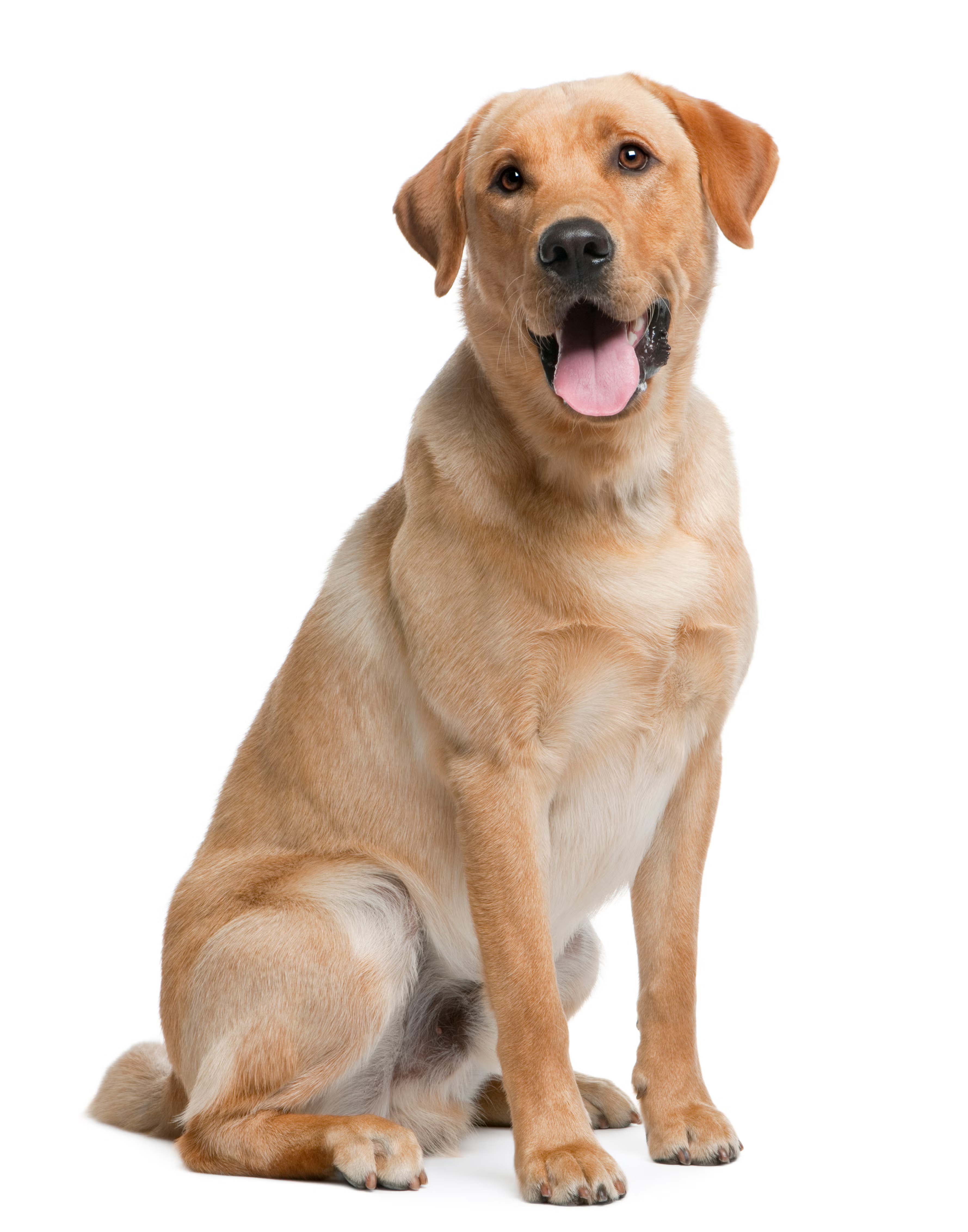
Labrador Retriever

German Shepherd

Poodle (Standard)

Rottweiler

Doberman Pinscher
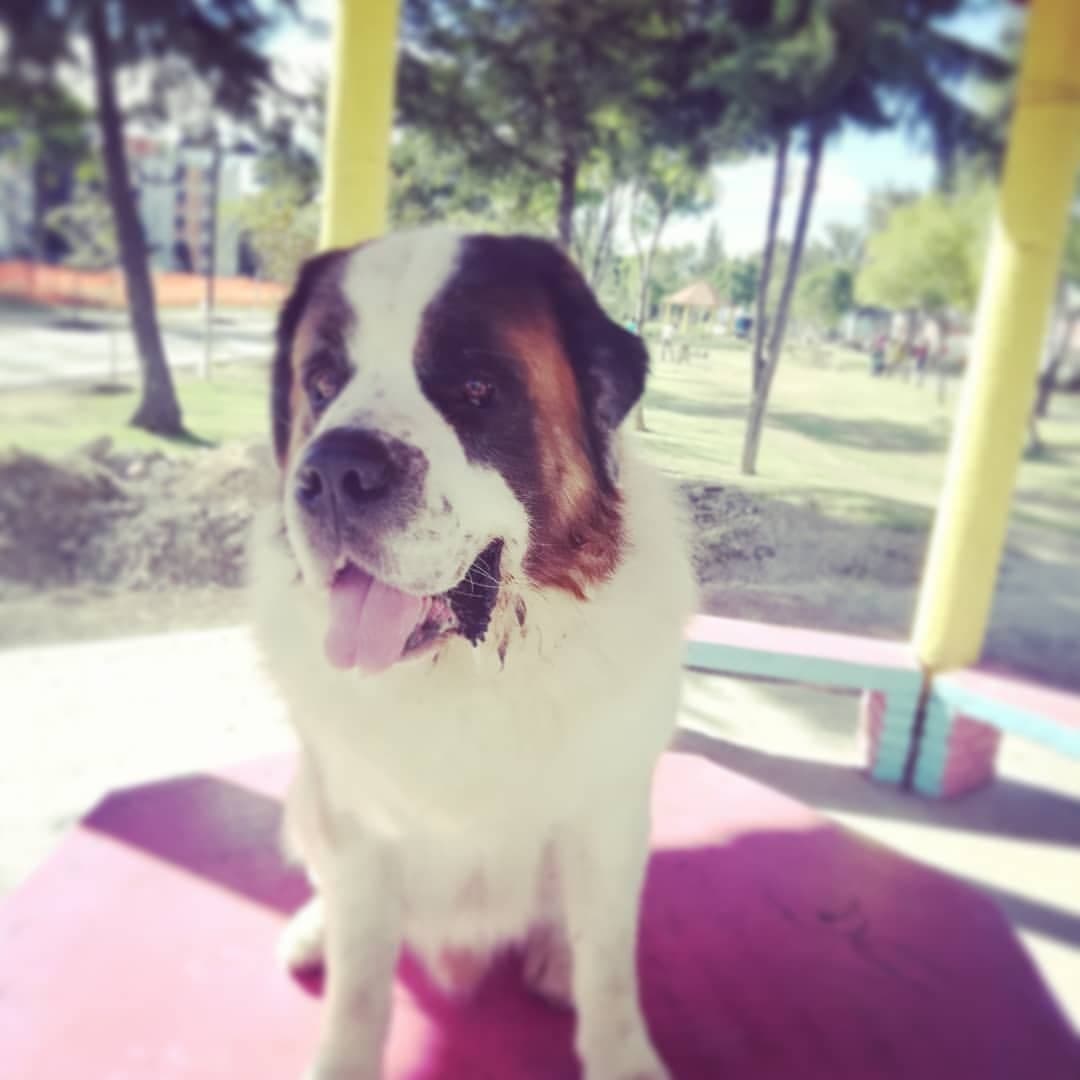
Saint Bernard
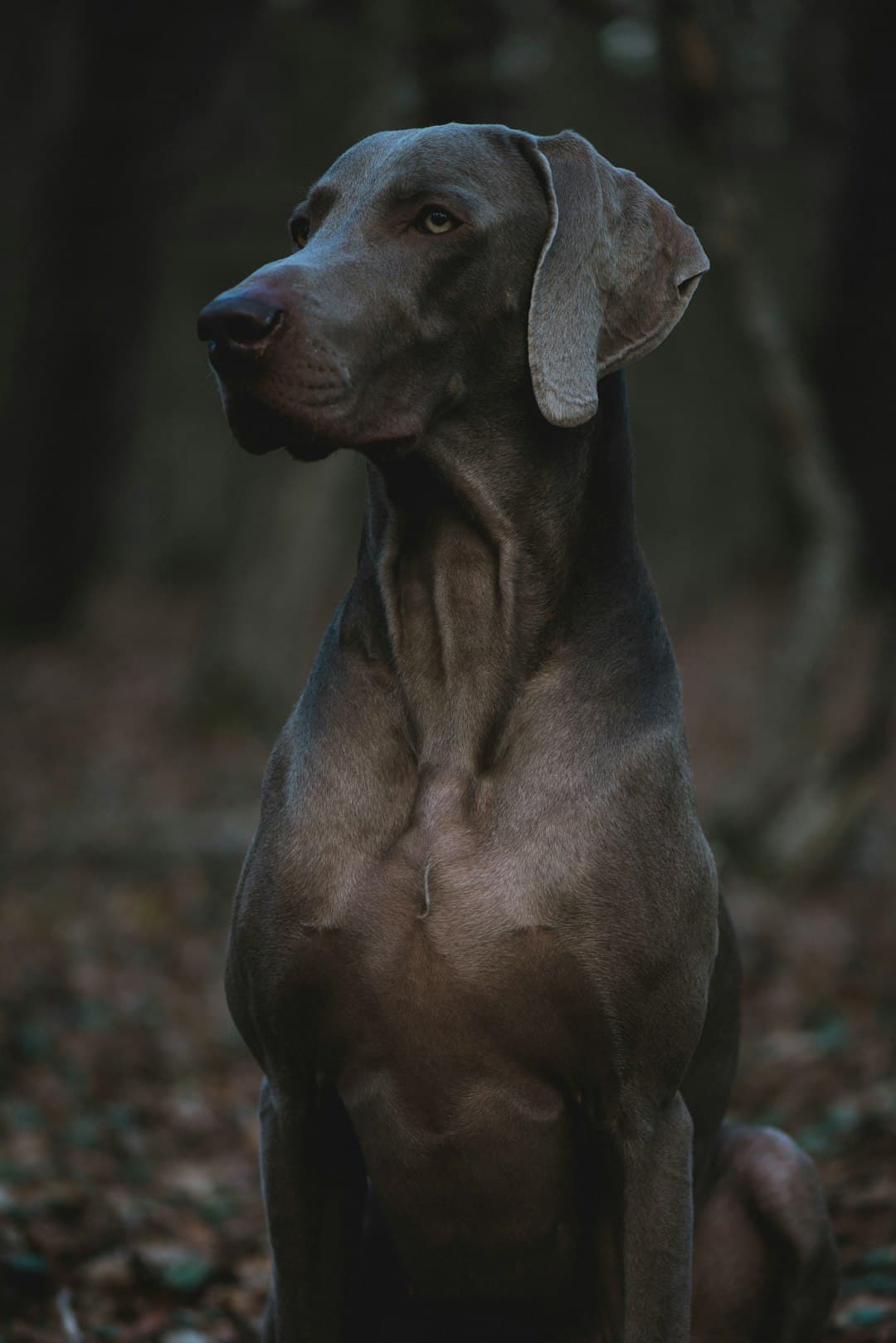
Great Dane

Boxer
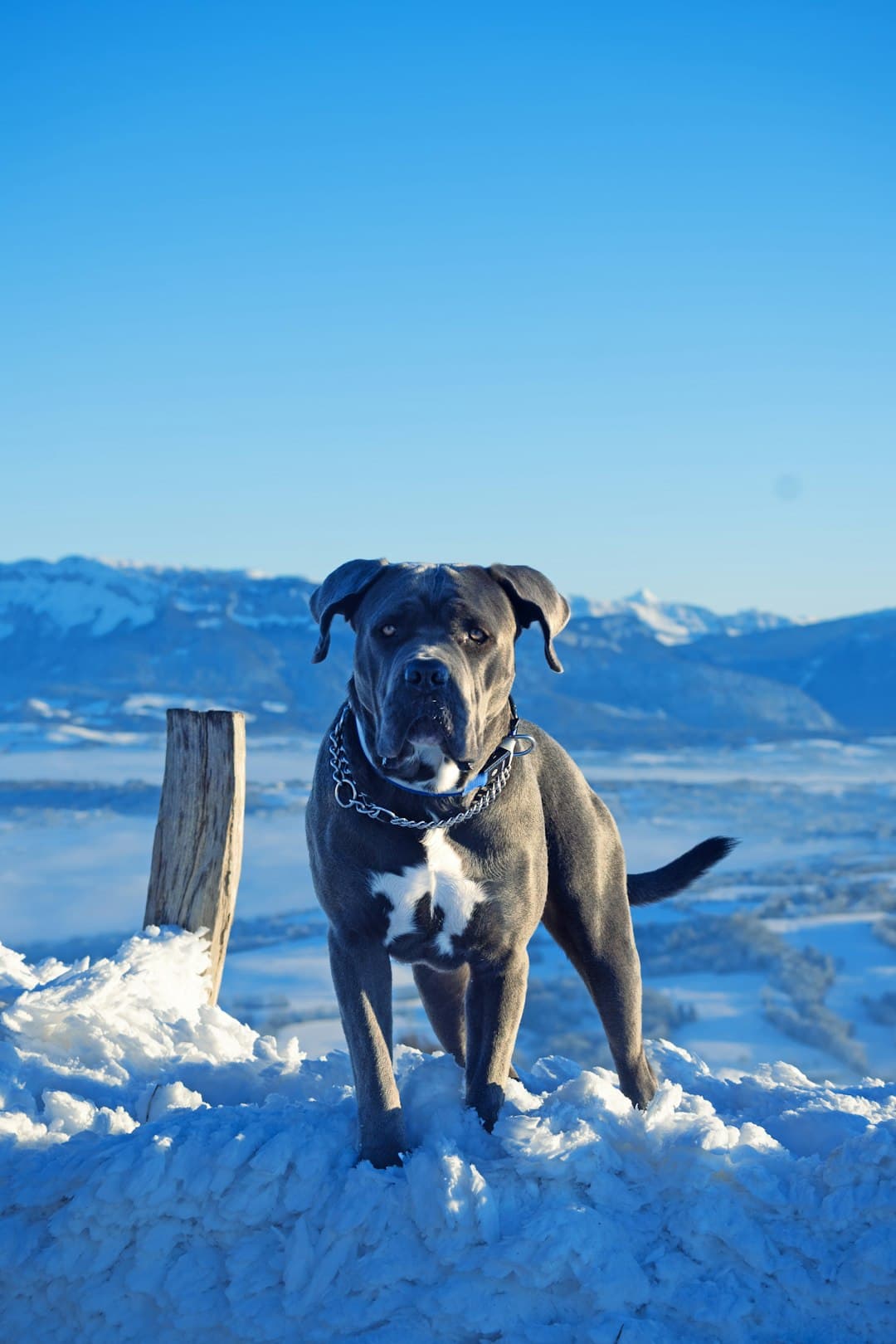
Mastiff
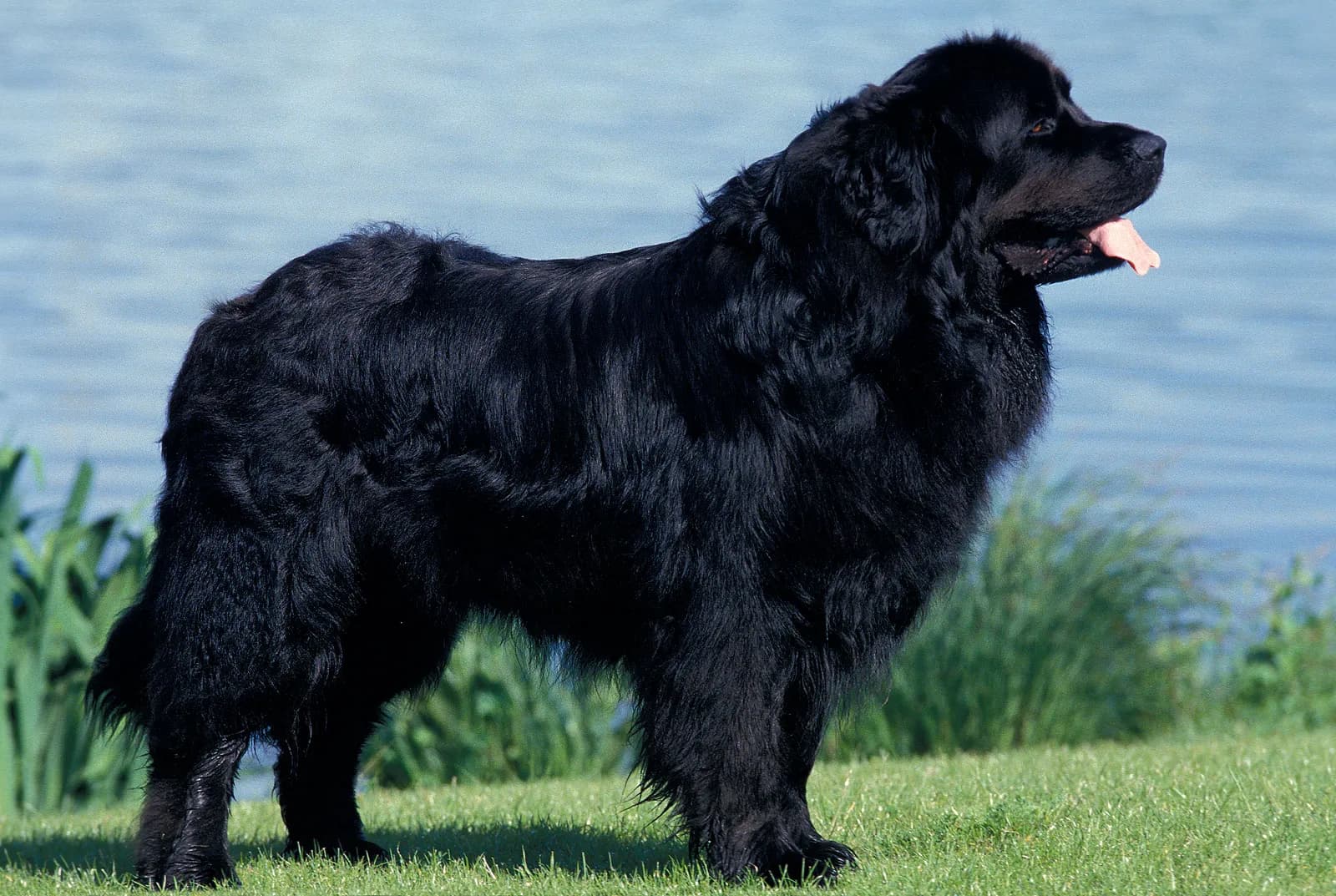
Newfoundland

Bernese Mountain Dog
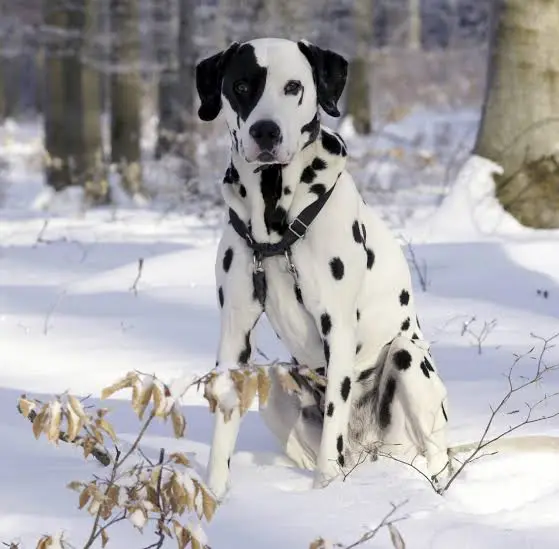
Dalmatian
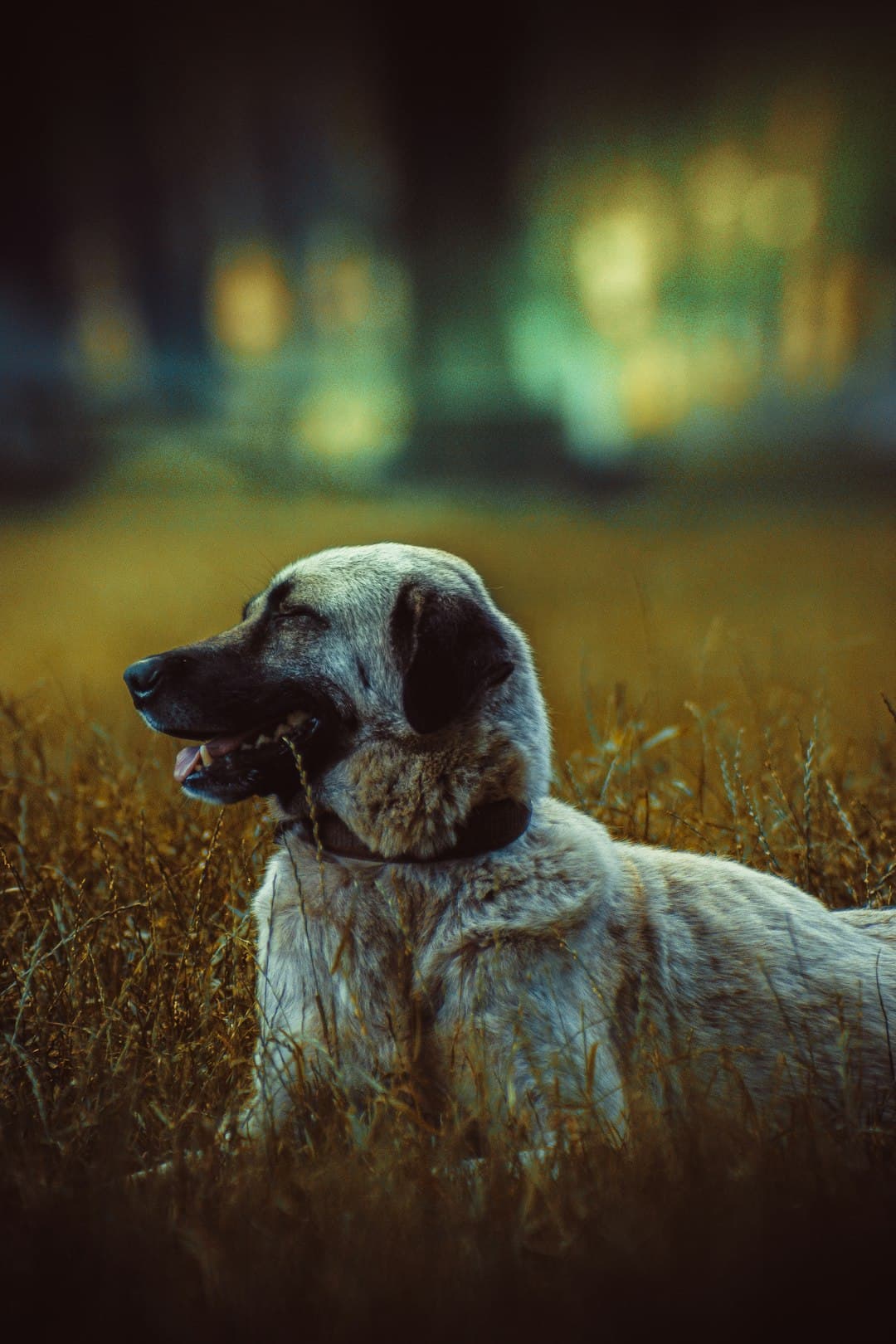
Bloodhound
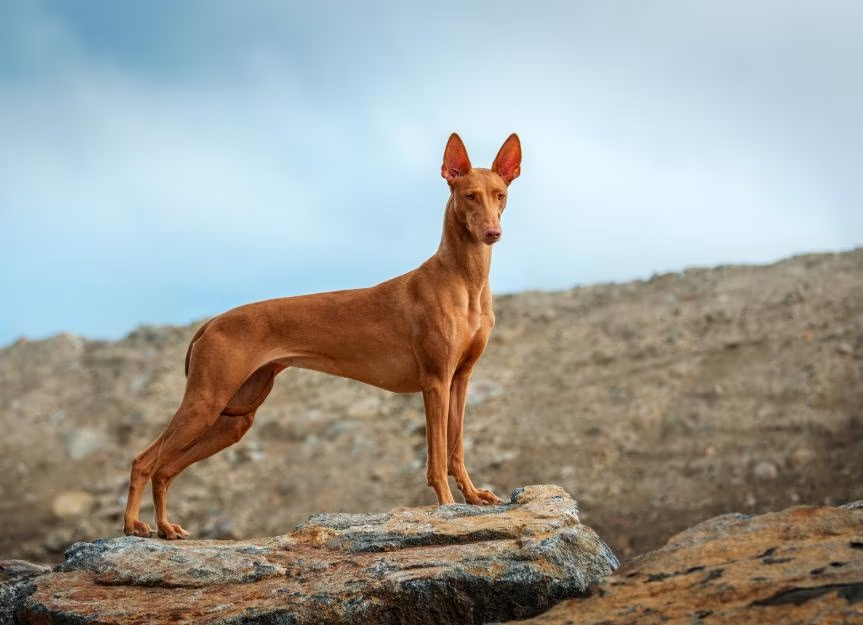
Greyhound
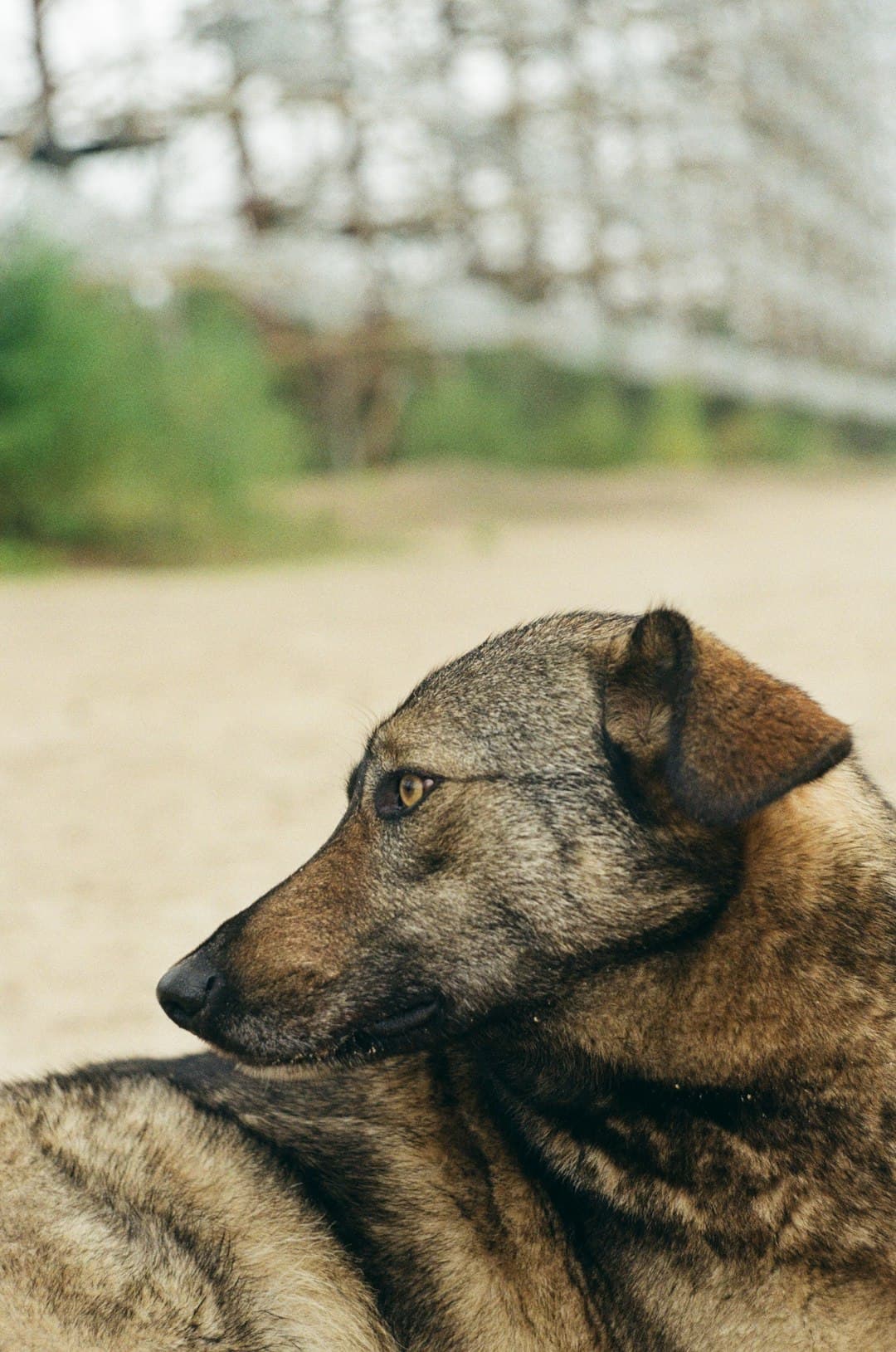
Afghan Hound
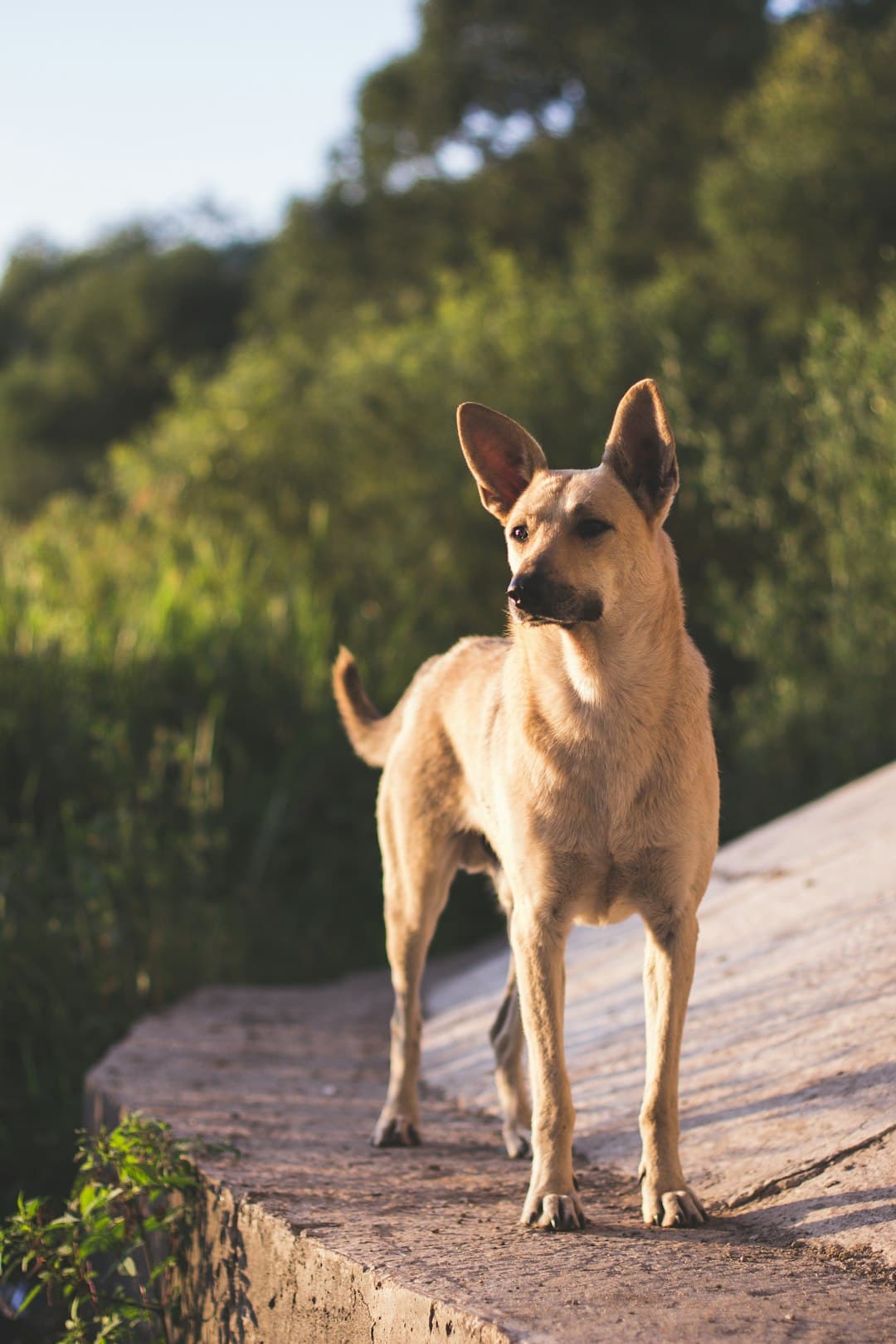
Rhodesian Ridgeback

Collie

Weimaraner
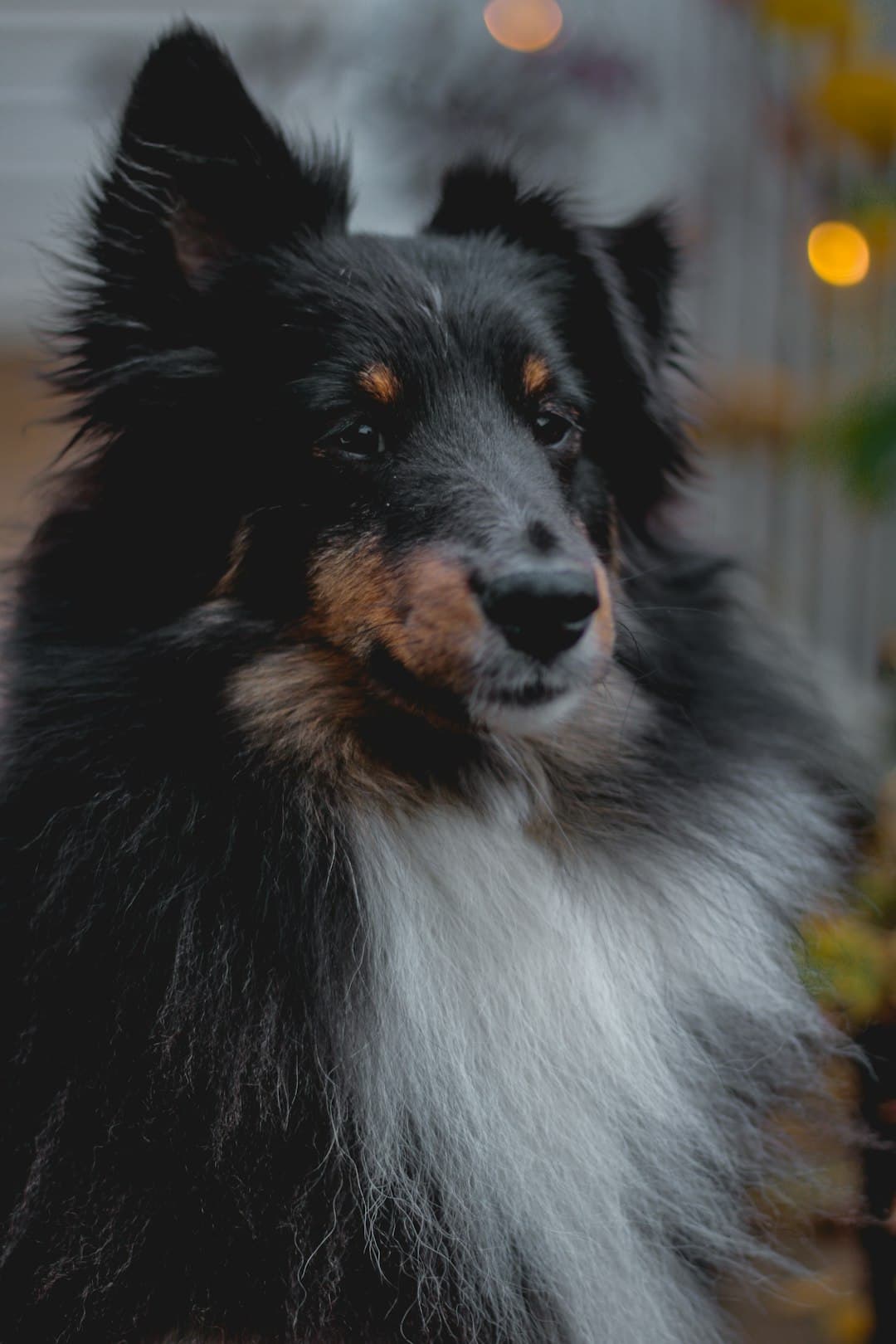
Irish Setter
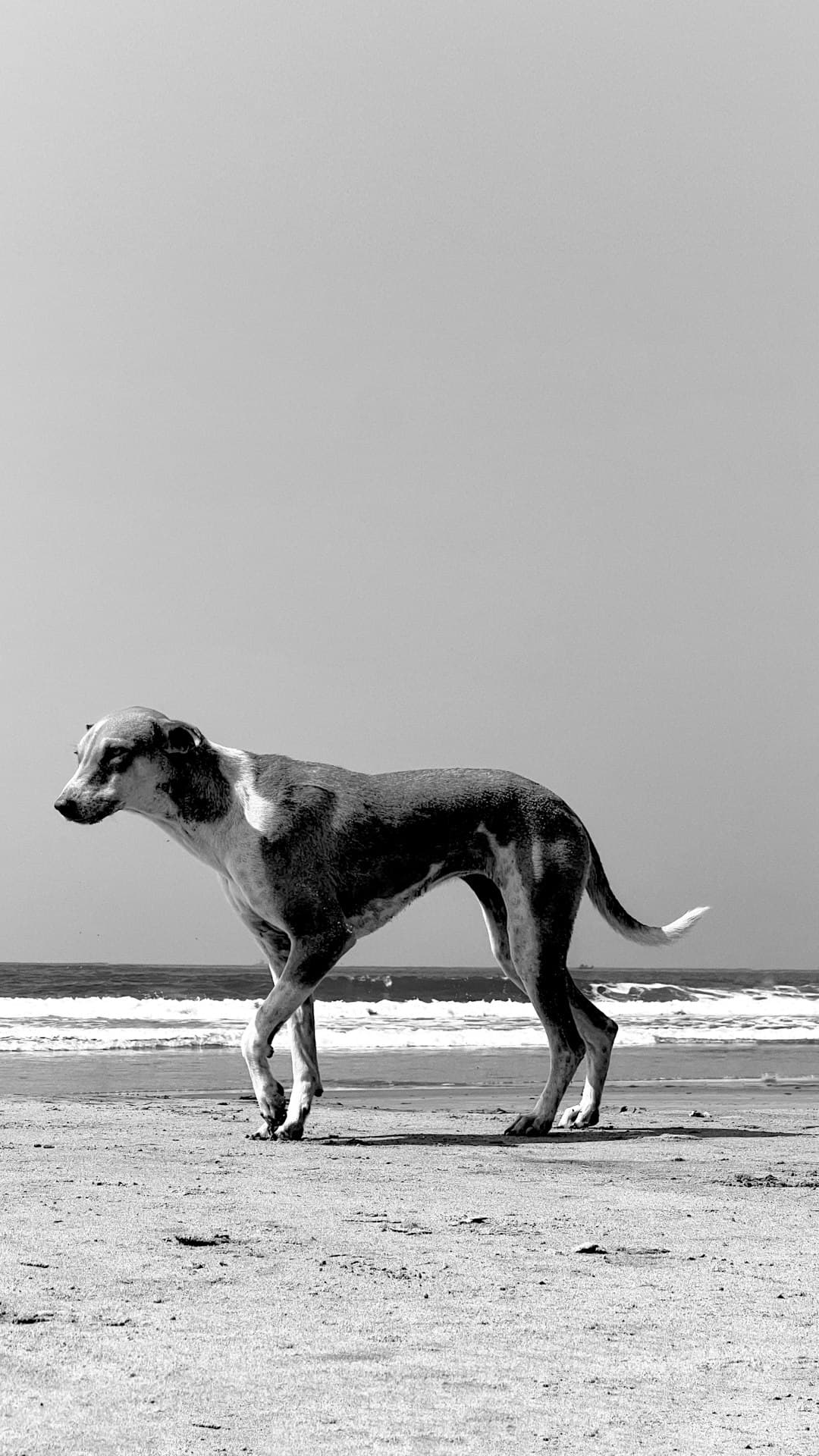
Pointer

German Shorthaired Pointer
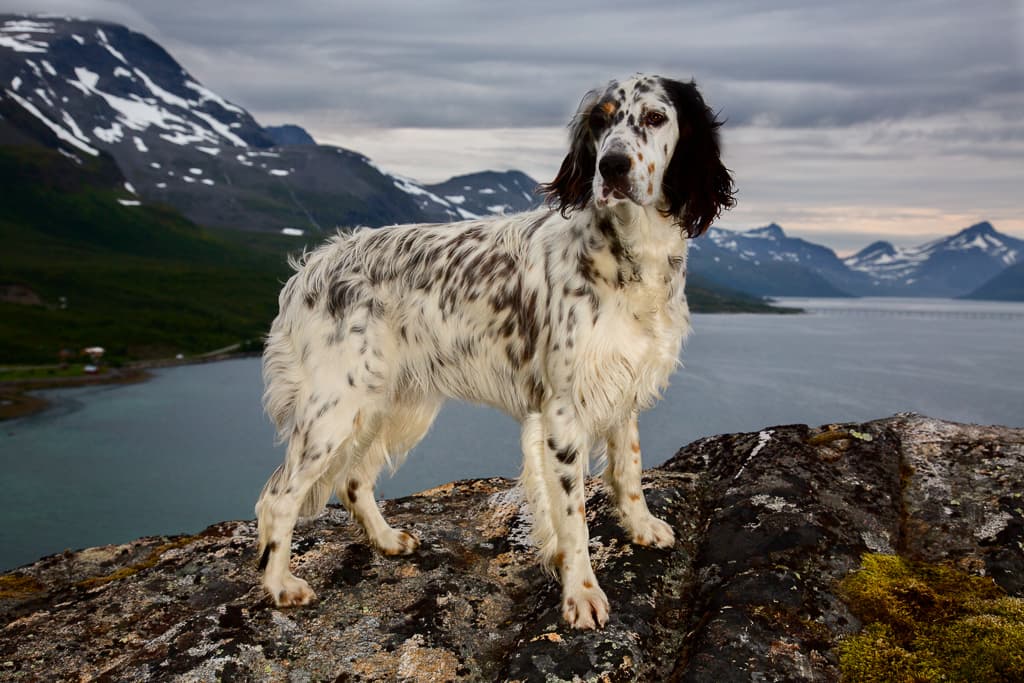
English Setter
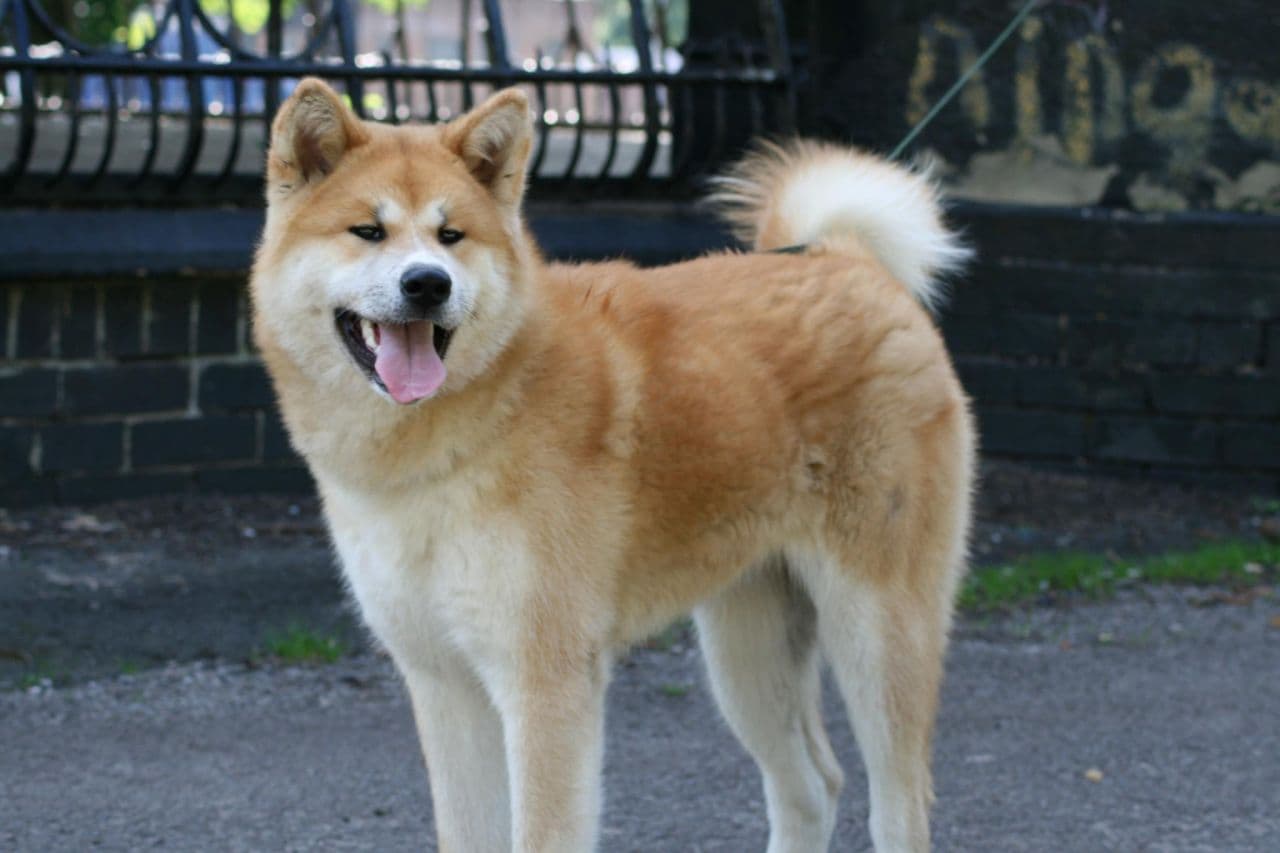
Akita

Tibetan Mastiff

Belgian Malinois
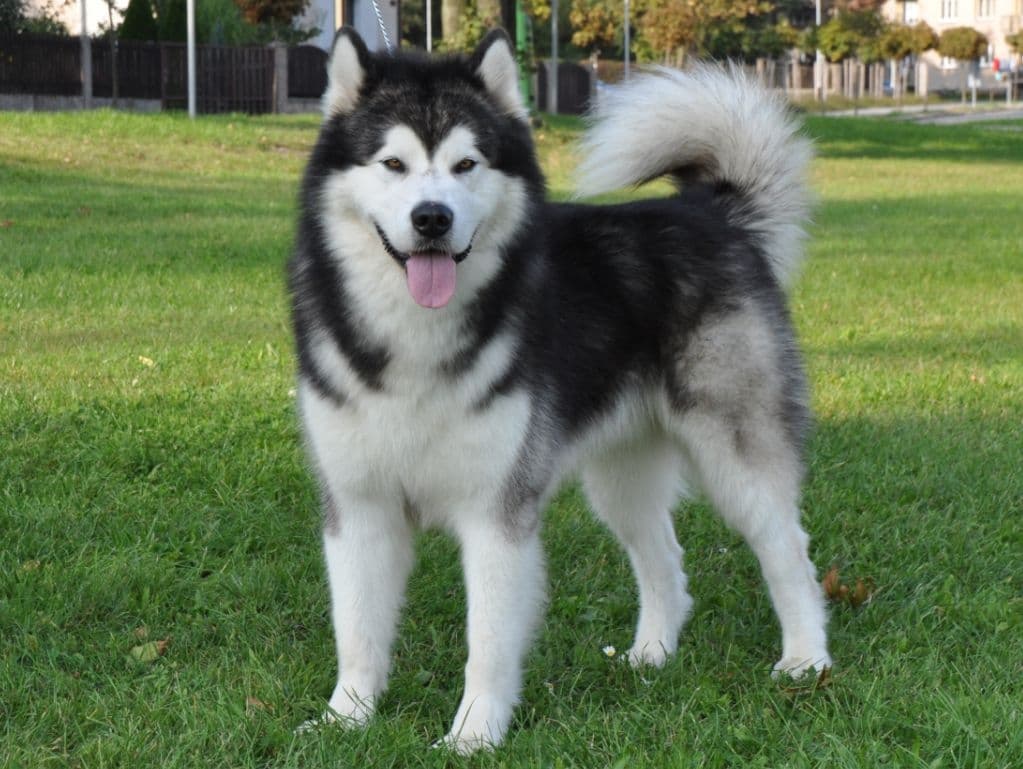
Alaskan Malamute
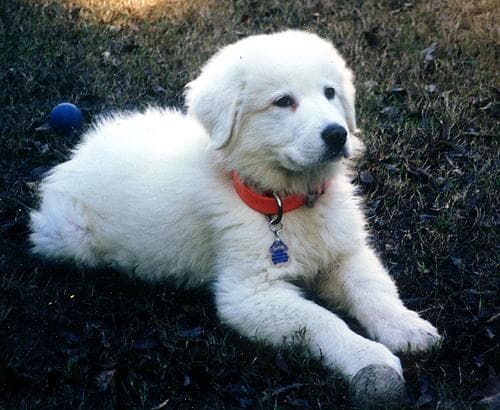
Great Pyrenees
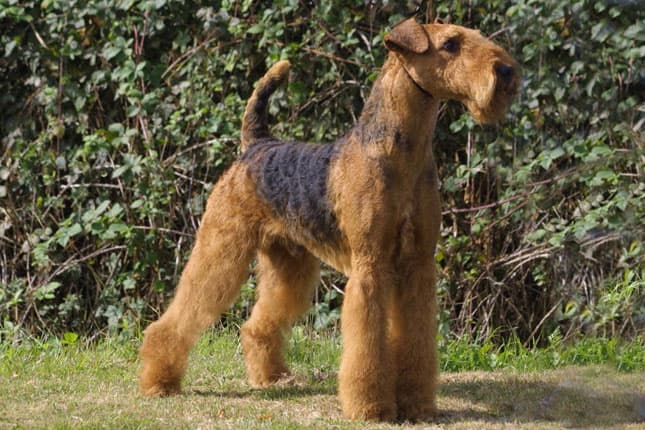
Airedale Terrier
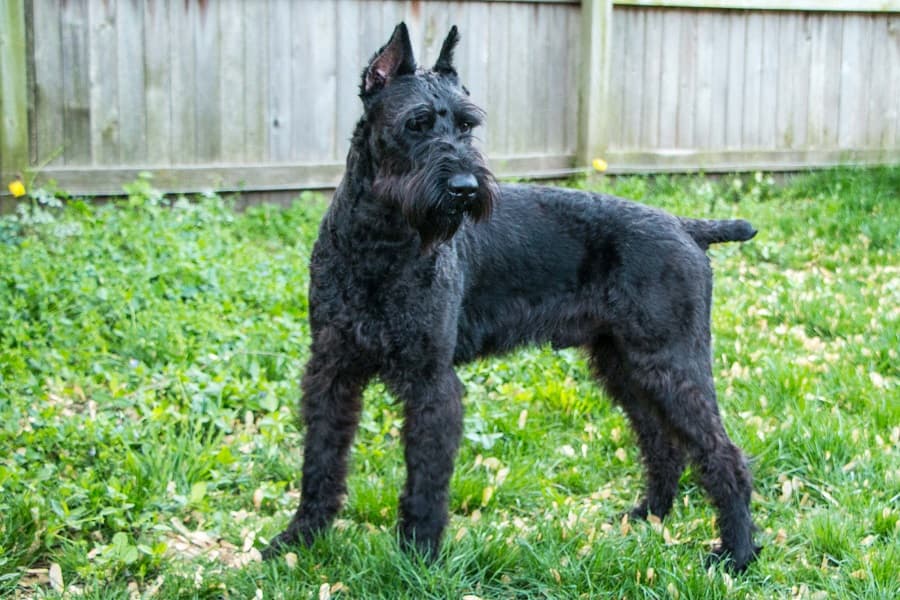
Giant Schnauzer

American Staffordshire Terrier

Bull Mastiff

Cane Corso

Presa Canario

Dogo Argentino
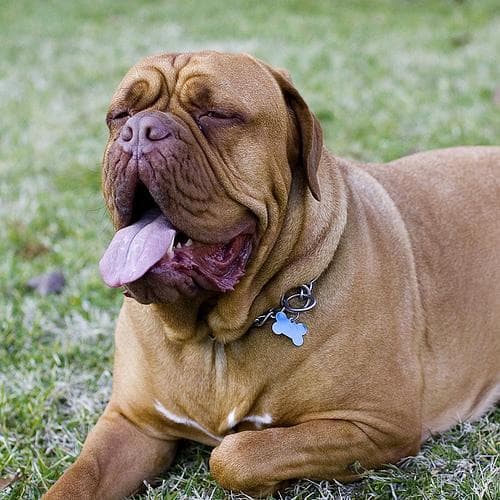
Fila Brasileiro
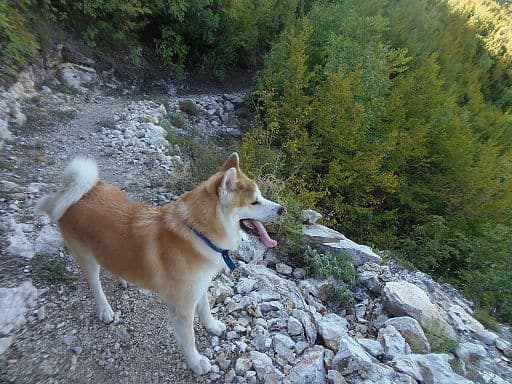
Tosa Inu

Kangal Dog

Anatolian Shepherd
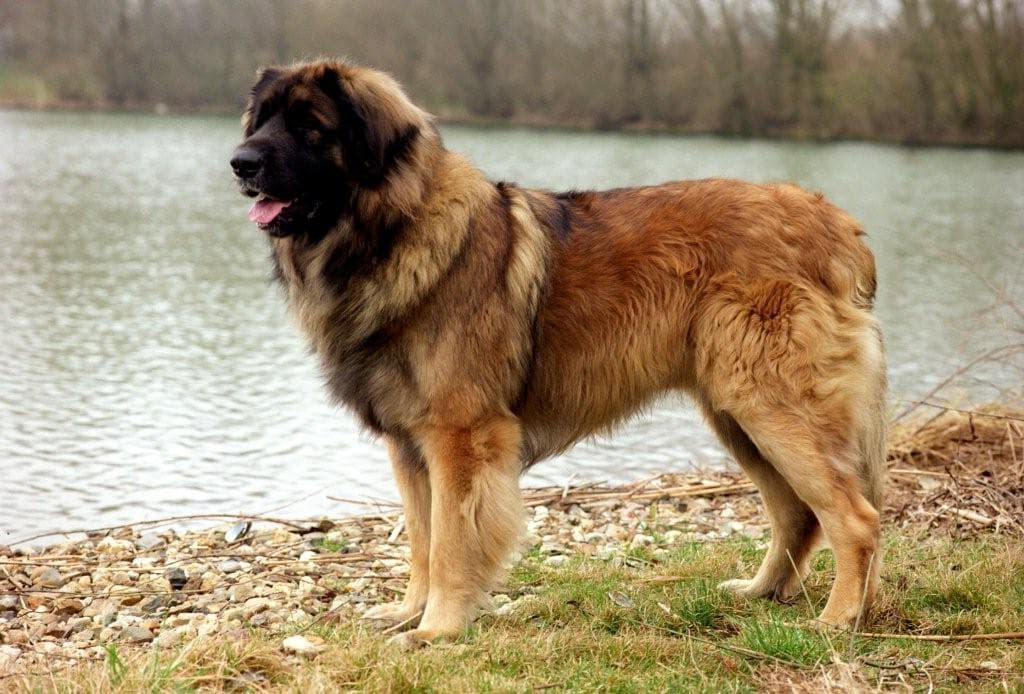
Leonberger
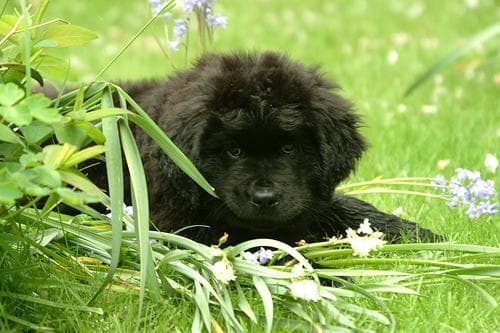
Landseer

Irish Water Spaniel
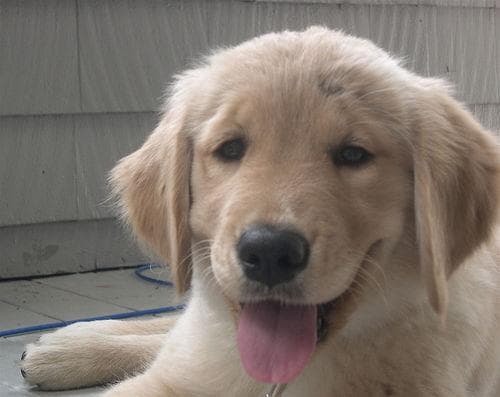
Curly Coated Retriever

Flat Coated Retriever

Chesapeake Bay Retriever
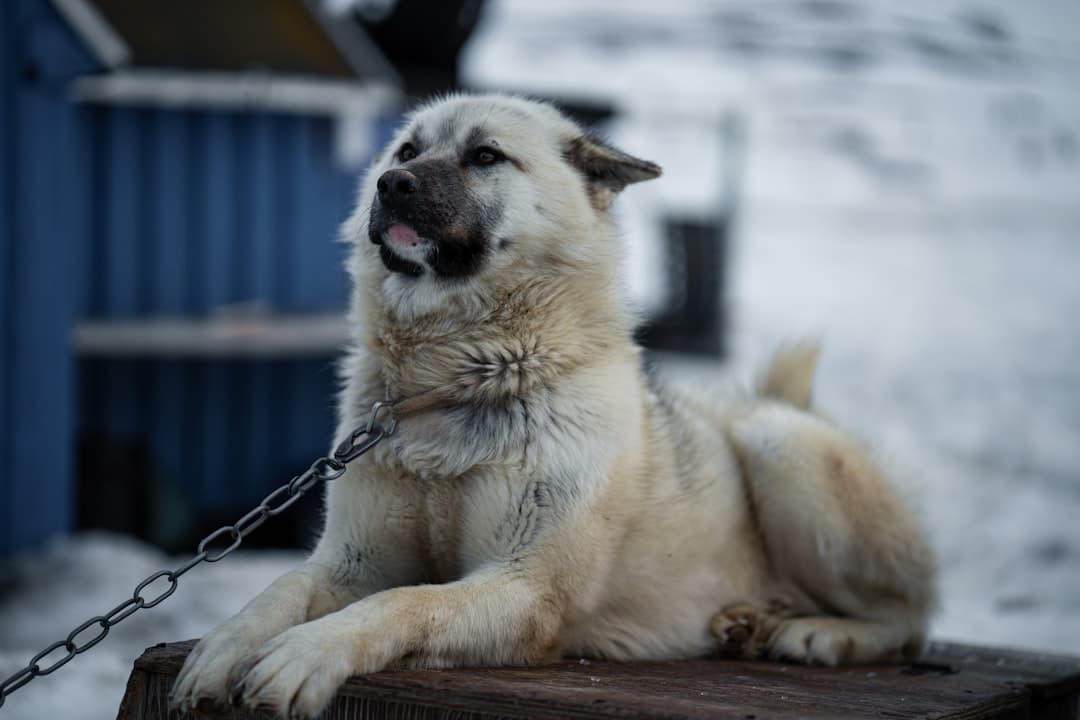
Greenland Dog
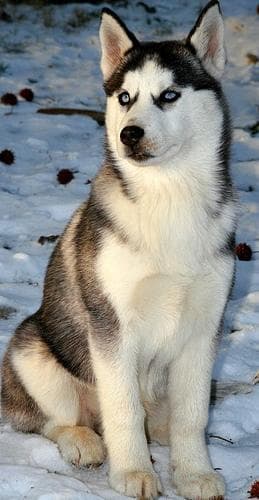
Canadian Eskimo Dog
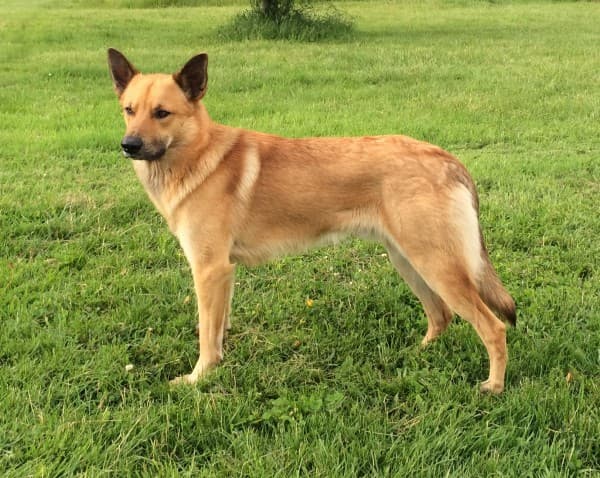
Chinook
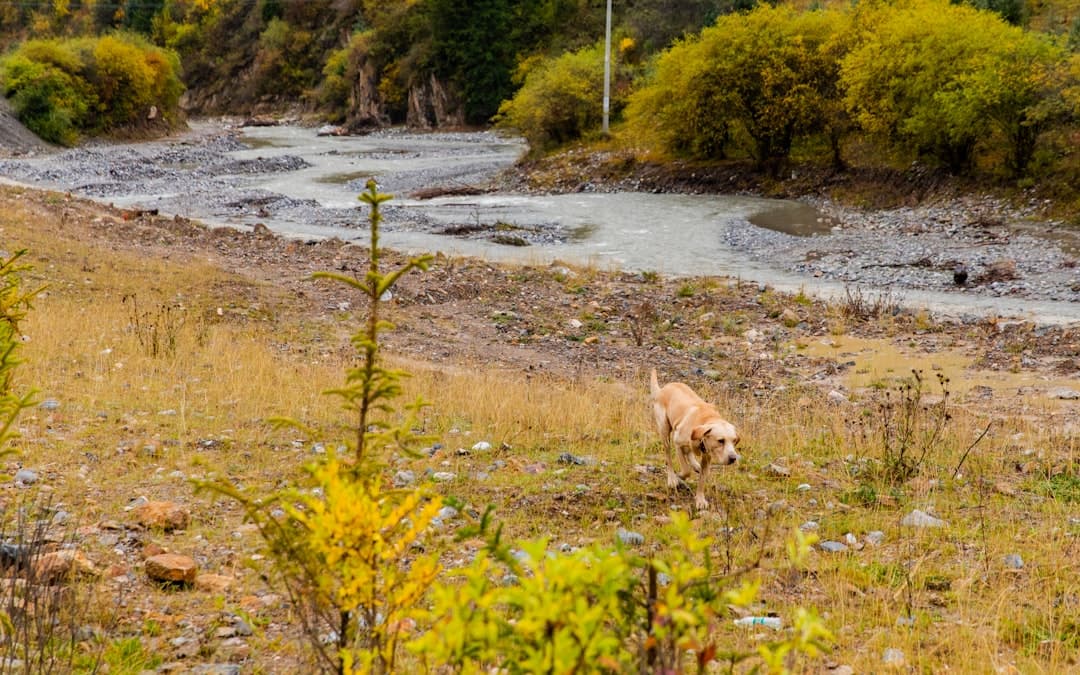
Mackenzie River Husky
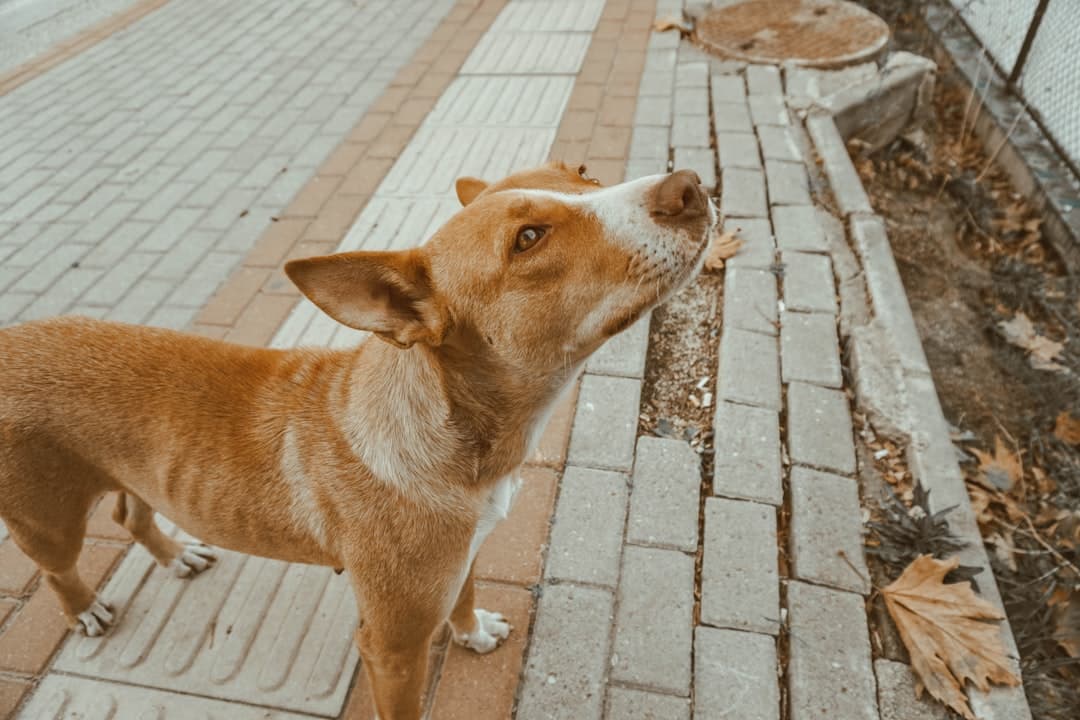
Tamaskan
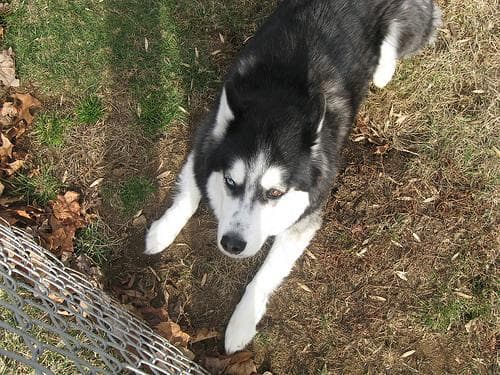
Utonagan
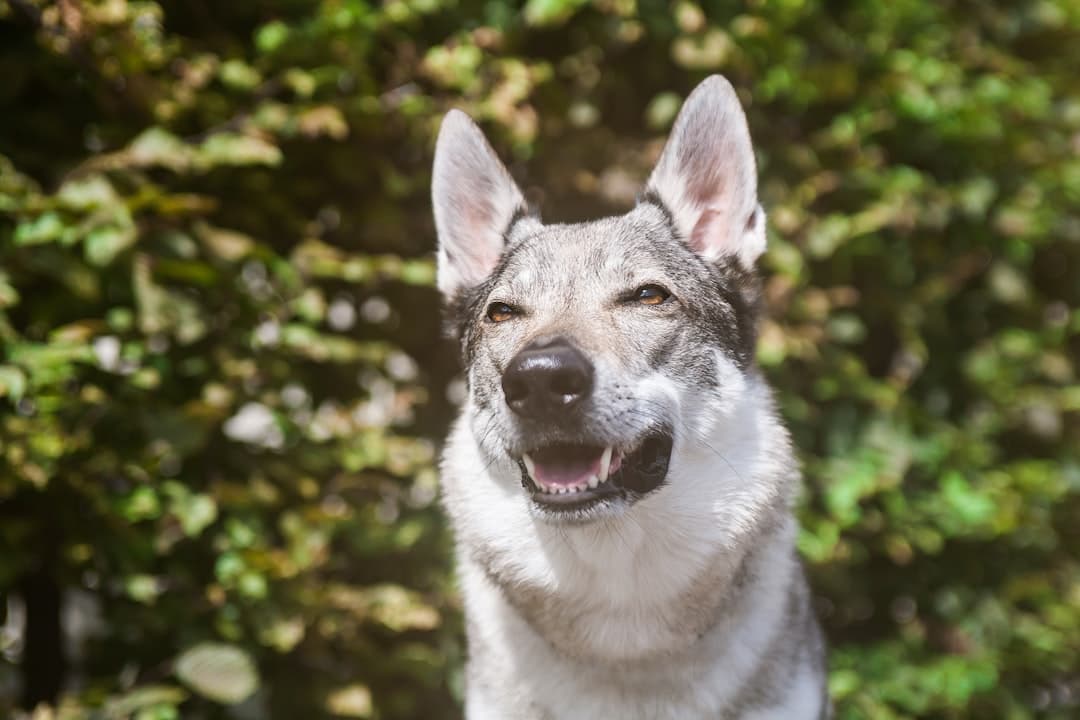
Czechoslovakian Wolfdog
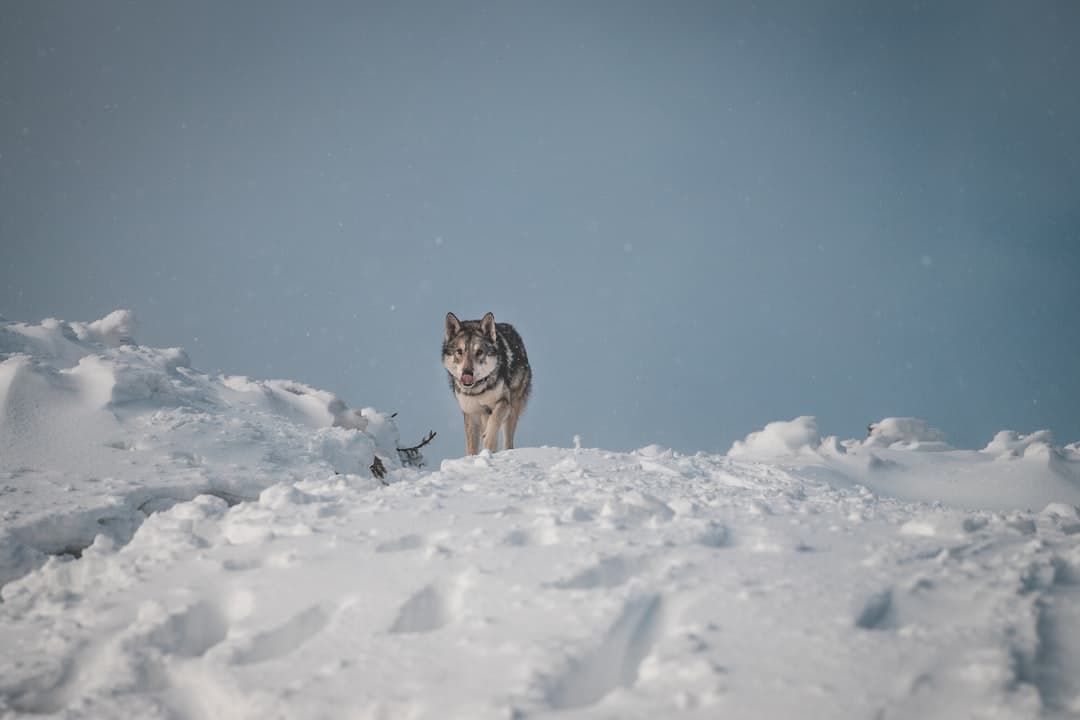
Saarloos Wolfdog
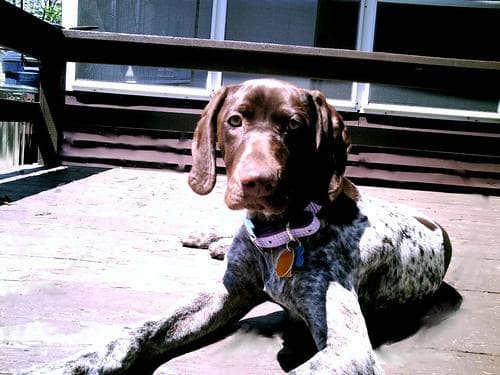
Portuguese Pointer
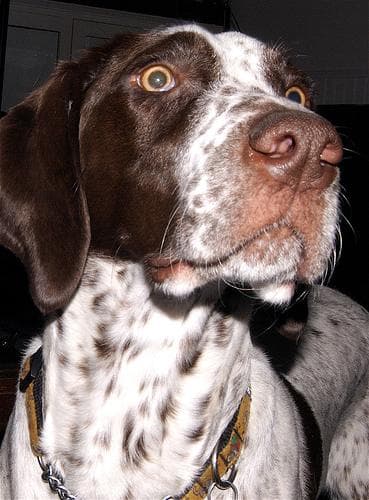
Perdiguero de Burgos
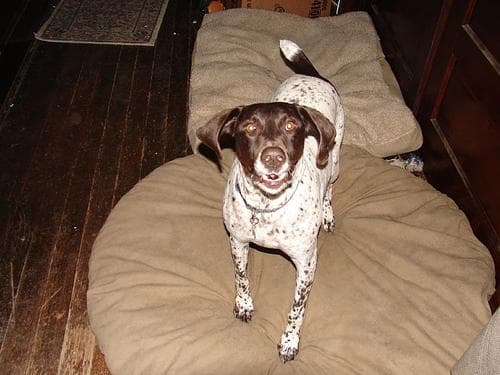
Navarra Pointer
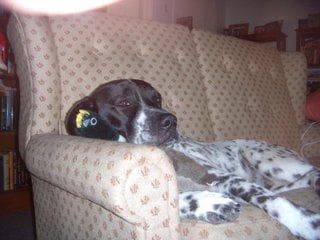
Burgos Pointer
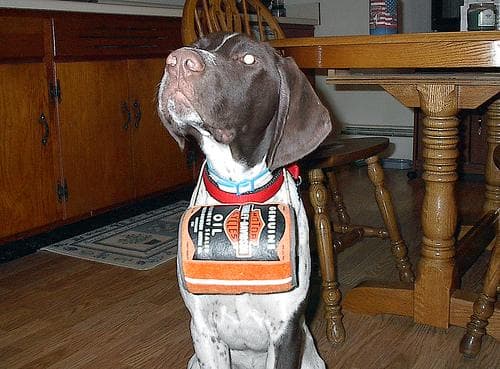
Slovakian Rough-haired Pointer
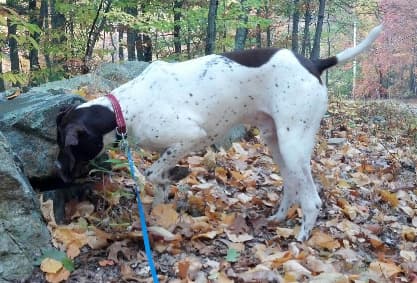
Stichelhaar
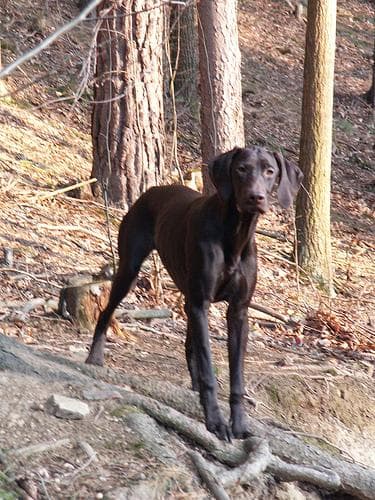
Duxer
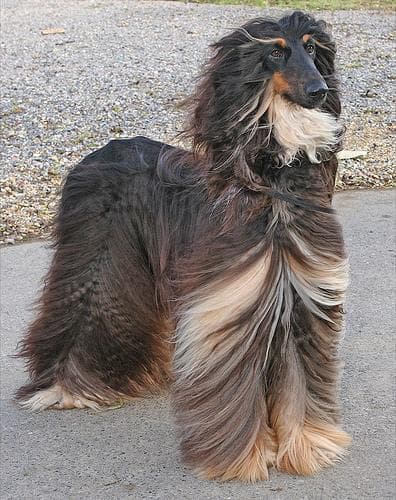
Bleu de Gascogne
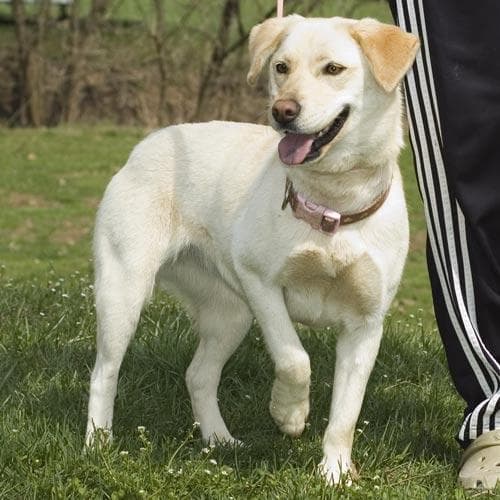
Gascon Saintongeois
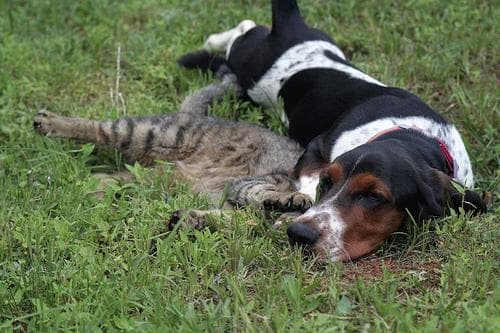
Poitevin
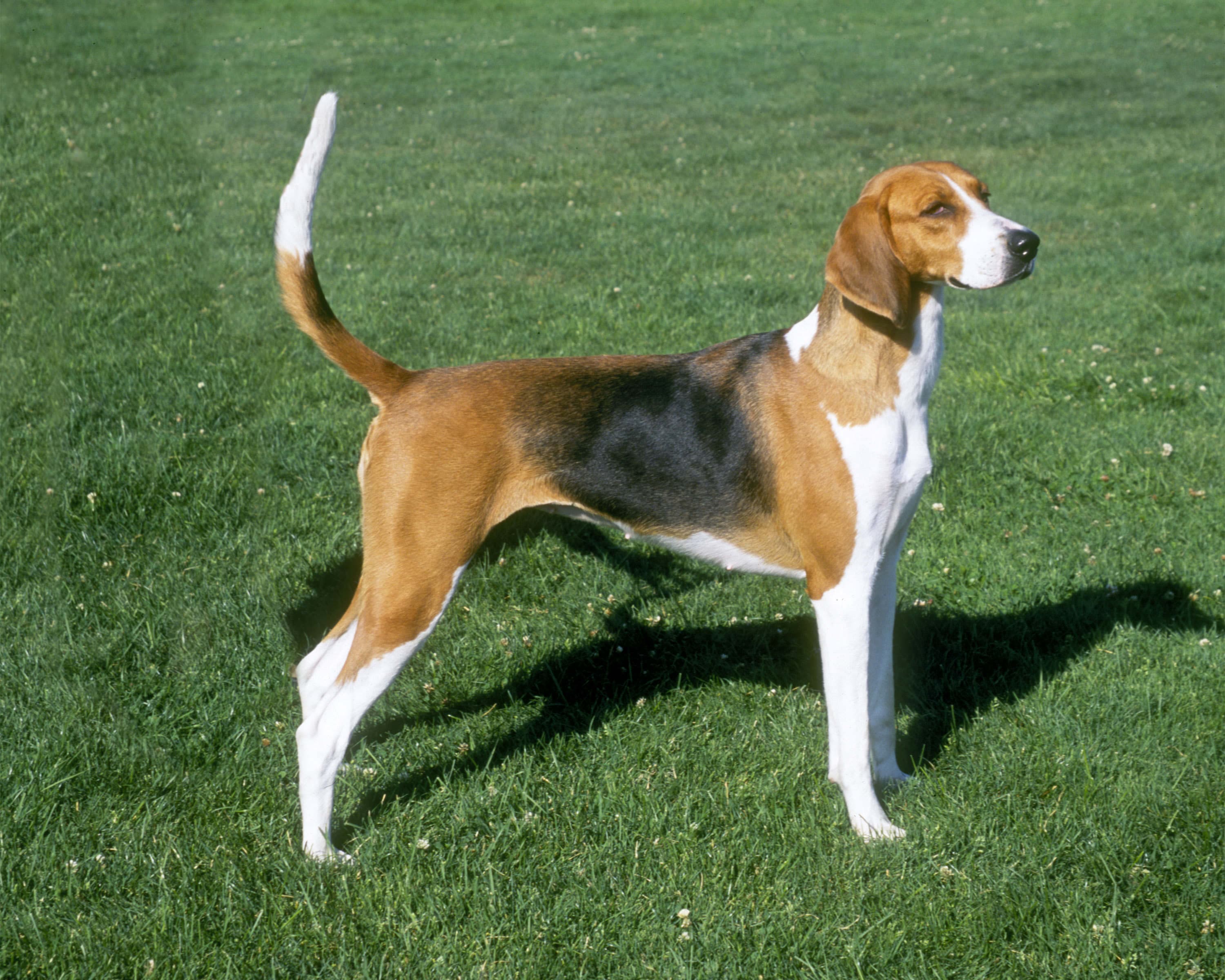
American Foxhound
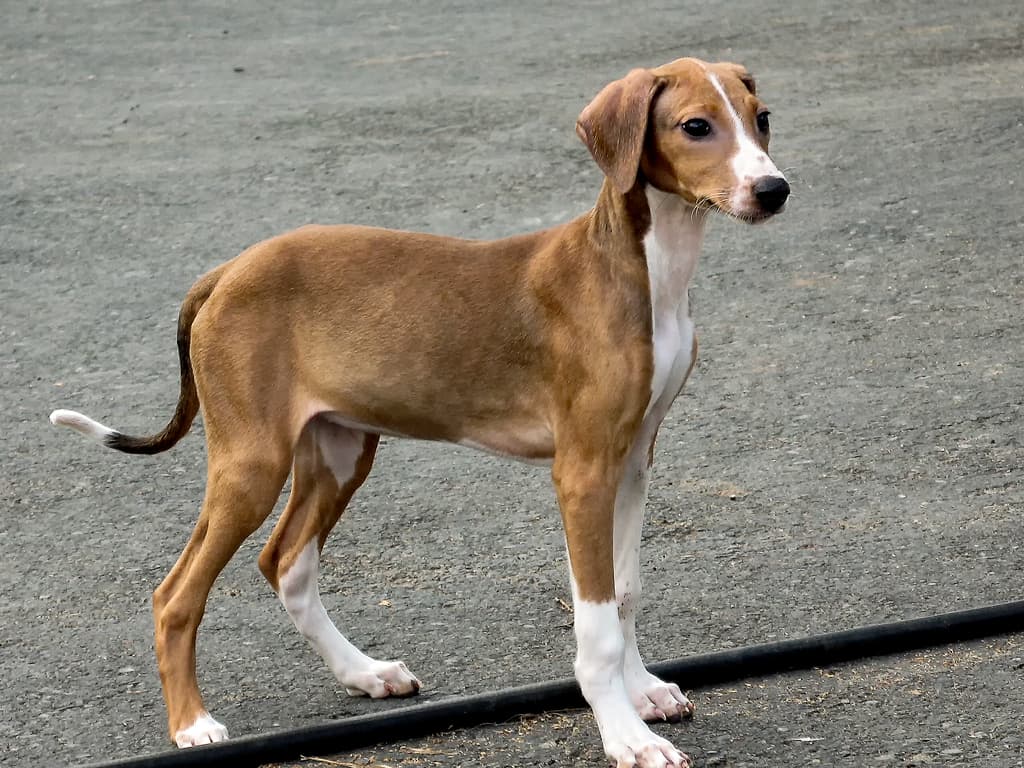
Azawakh
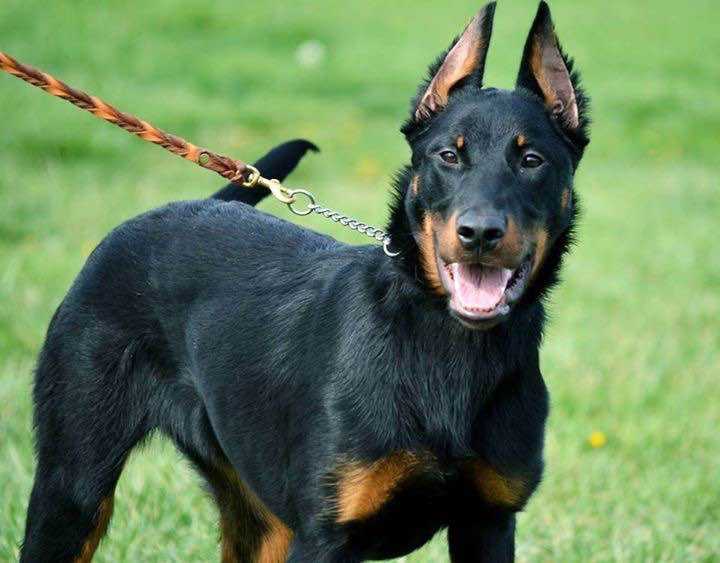
Beauceron

Bergamasco Shepherd
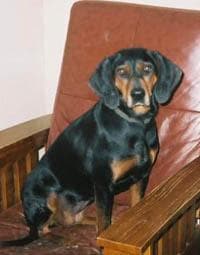
Black and Tan Coonhound
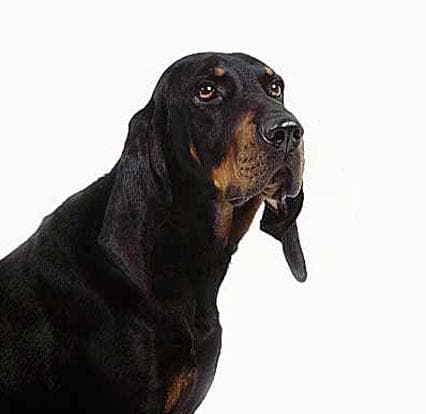
Bluetick Coonhound

Boerboel
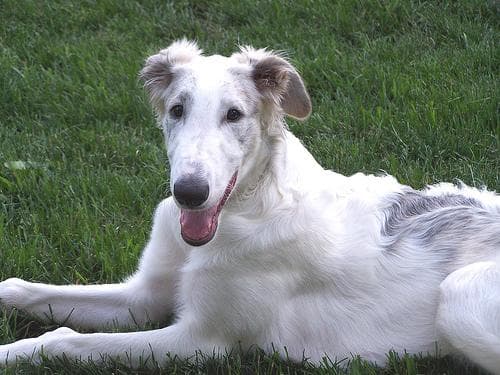
Borzoi

Bouvier des Flandres
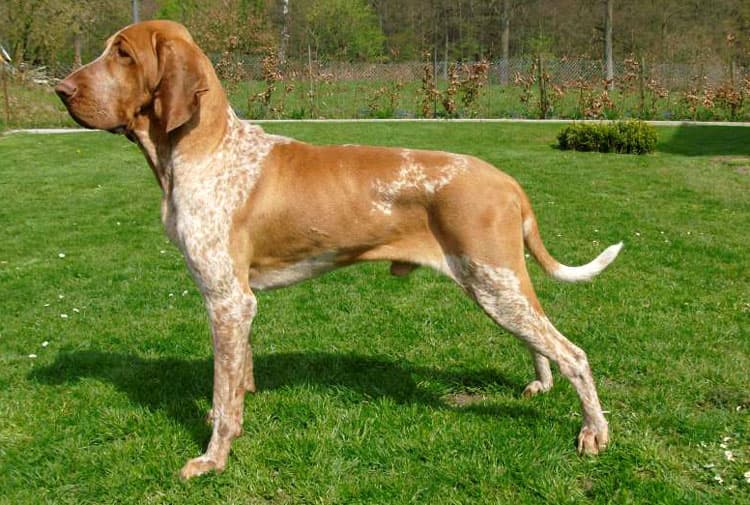
Bracco Italiano

Briard

Bullmastiff
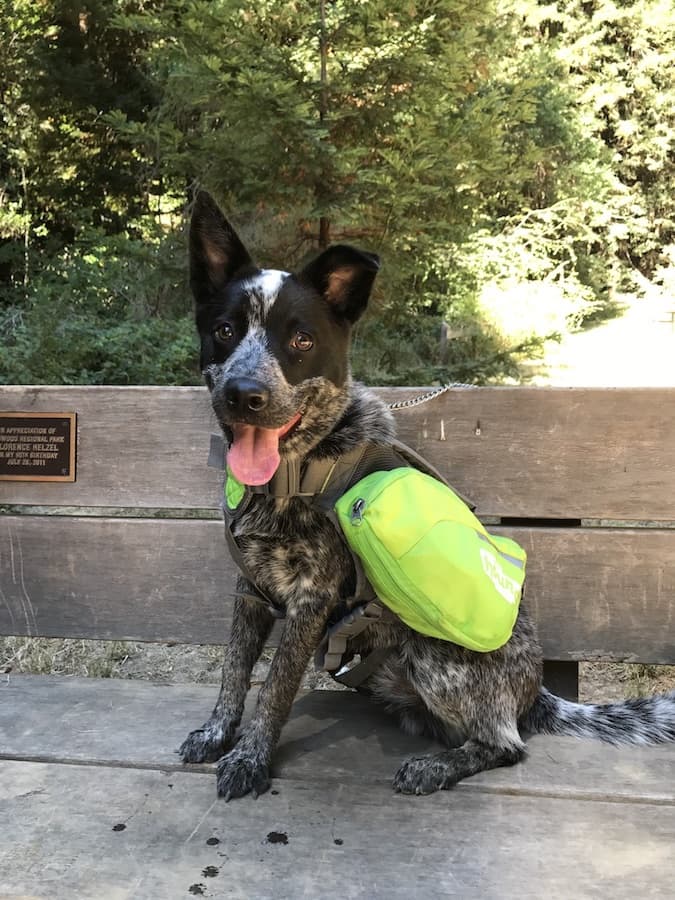
Catahoula Leopard Dog

Caucasian Shepherd Dog
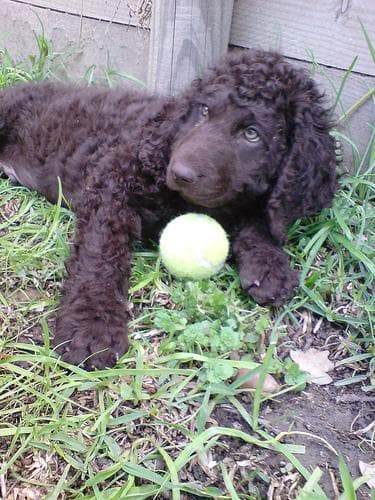
French Spaniel
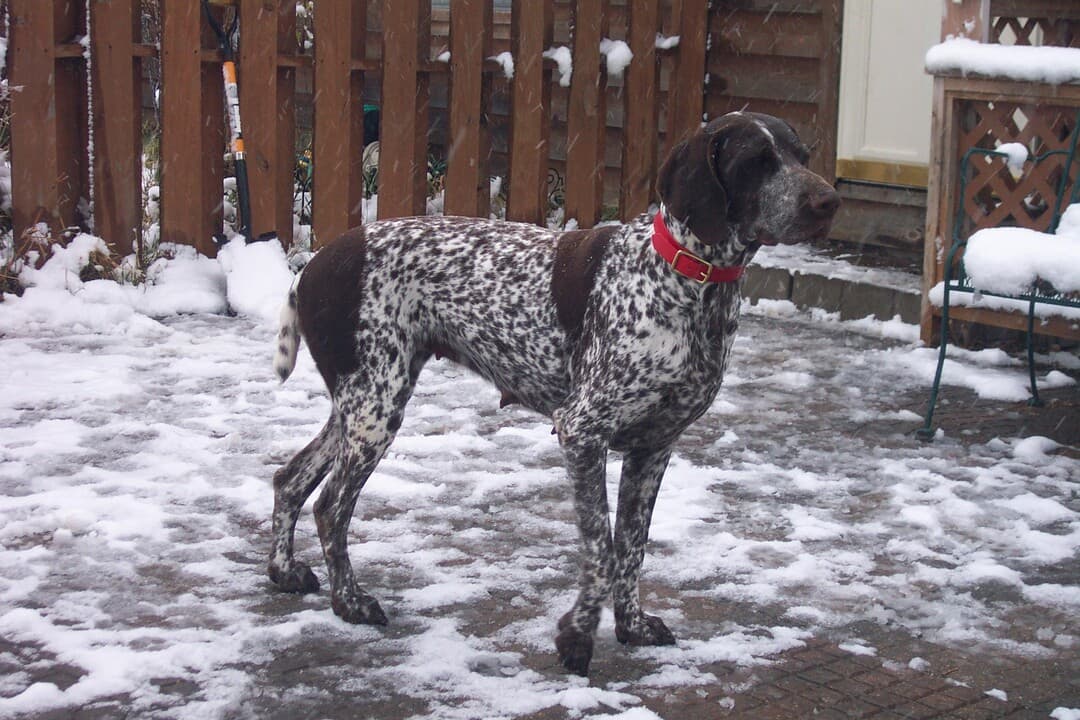
German Wirehaired Pointer

English Mastiff
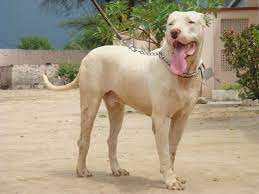
Indian Mastiff
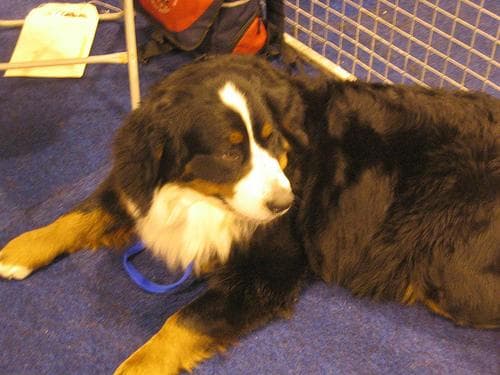
Bernese Mountain
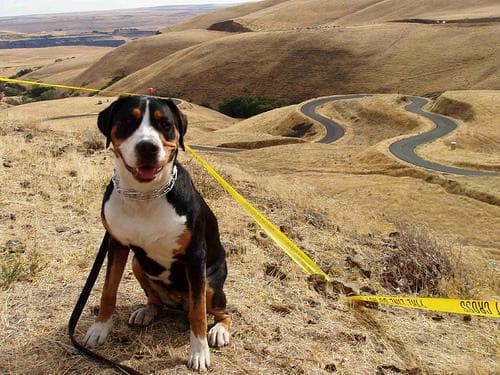
Swiss Mountain
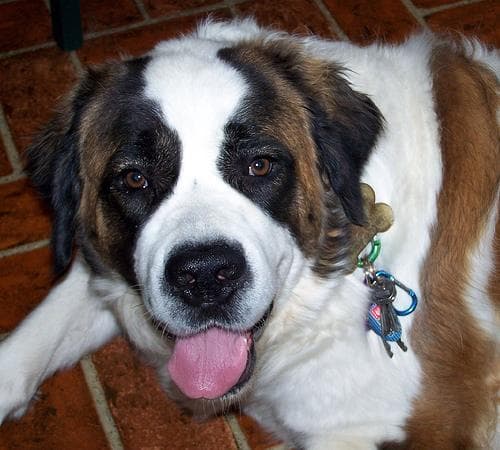
Stbernard
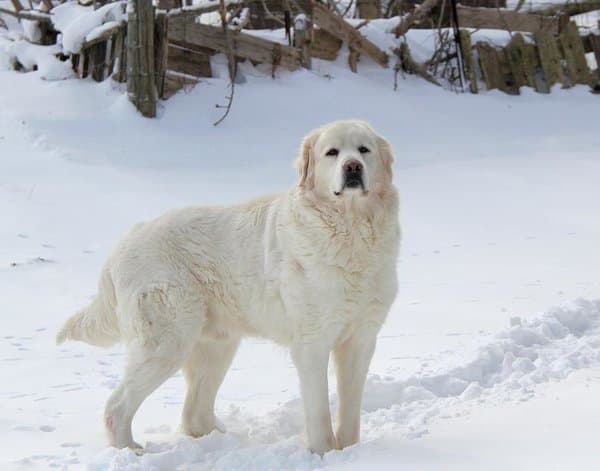
Akbash Dog

Caucasian Shepherd (Ovcharka)
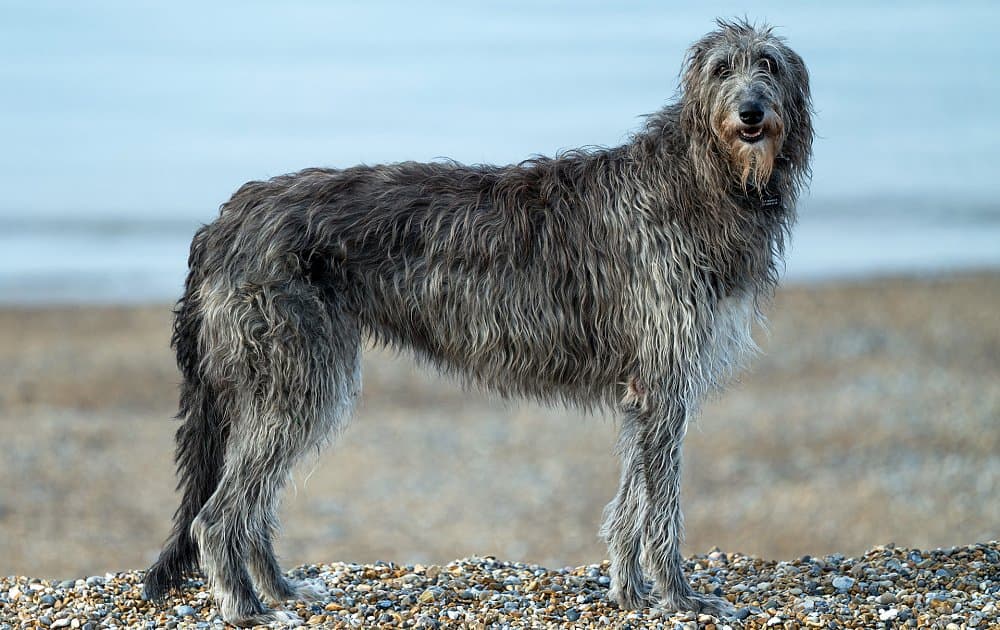
Irish Wolfhound
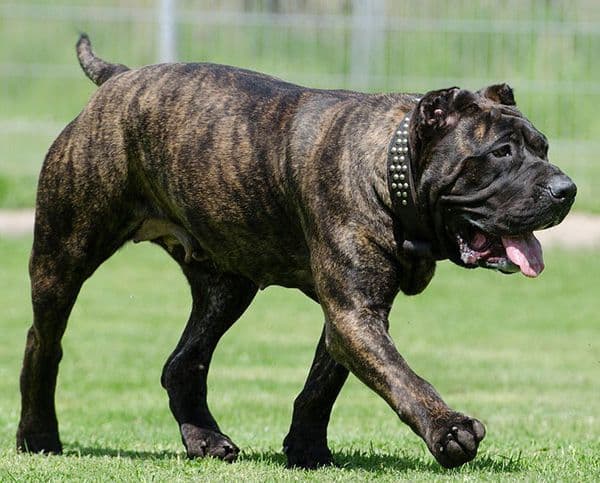
Perro de Presa Canario
